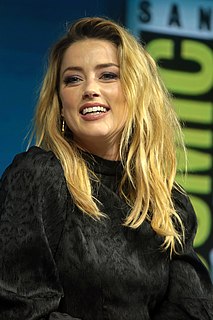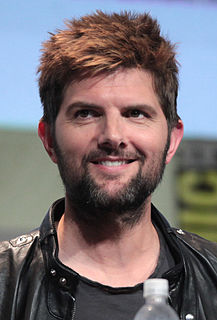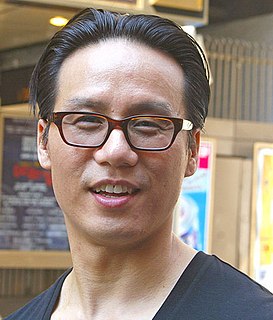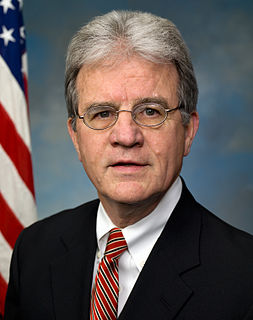A Quote by Judd Apatow
If we really talked about what's wrong with you, you'd need a 7-1/2-hour movie and nobody would know what category to put it in!
Related Quotes
Yeah, unfortunately [ films like Miss Julie are a dying breed]. And that is sad, because we need these. Like we need books, we need classical music, we need ballet, we need opera, to remind us really of who we are and why we are, and we need in movie houses - even to be in a movie - where you sit and see not only excitement and man-hero, woman-hero, you need quietly, just like that Hawking movie we talked about, to know how people overcome.
I was lucky enough to know Maurice Sendak, and talked to him about doing the movie. For a while, I was really apprehensive of it, because Where The Wild Things Are is a book I love so much, and I didn't want to add something to it just to be able to make a movie, or put my stamp on it, or something like that.
Is there anyone’s life story you don’t want to know?” “Not really.” His expression was unexpectedly serious. “Because people make a story of their lives. Gains, losses, tragedy and triumph—you can tell a lot about someone simply by what they put into each category. You can learn a lot about what you put into each category by your reaction to them. They teach you about yourself without ever intending to do it—and they teach you a lot about life.
The sad thing about our society is that women are put in one of two categories. You're either in the beautiful category and you're seen as sexy and beautiful, or some version of that, or you're put into another category... The latter category affords women the opportunity to be smart, funny, independent, mean, strong, intelligent and opinionated. We take them seriously as politicians, if they fit into that latter category. We respect their opinions more and give them higher expectations. That latter category is what allows female actors to be characters.







































